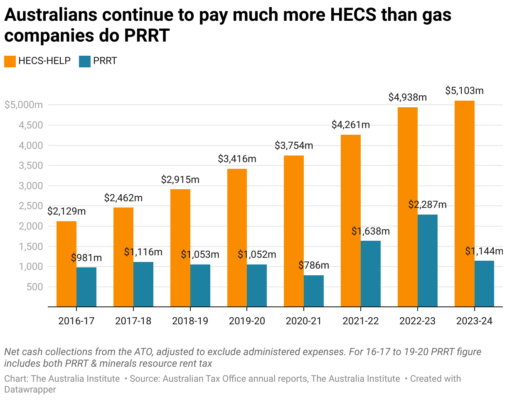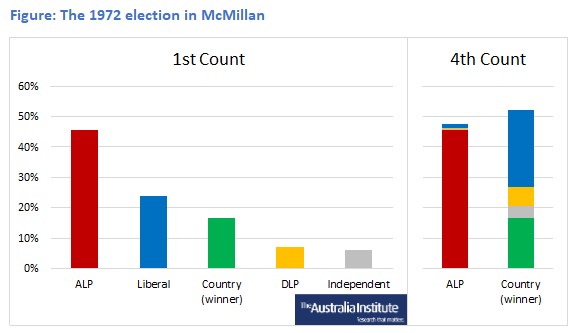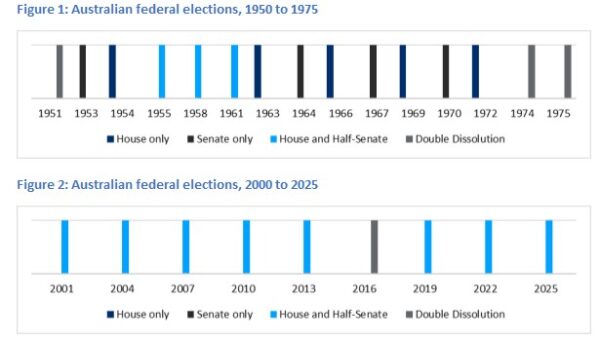The Pacific Islands Climate Action Network (PICAN) is urging the government to use its mandate from Saturday’s election to replace climate rhetoric with real climate action.
The network has released its analysis of the election result, concluding that the return of the government “is largely a better outcome than a Dutton-led coalition, where climate change action may have seen significant roll-backs and weakening.”
But the report paints a bleak picture of the Albanese government’s first-term record on climate action.
It highlights the gaping divide between what Prime Minister Anthony Albanese said at events like the Pacific Island Forum and what his government actually did to help the “Pacific Family”.
PICAN is urging real action on several key climate areas, including:
Stopping Australia’s expansion of – and reliance on – fossil fuels.
Resolving the significant discrepancies between Australia’s climate commitments and climate actions.
Improving Australia’s grossly inadequate pledges on climate change loss and damage.
Reducing Australia’s reliance on questionable and ineffective carbon offset schemes.



